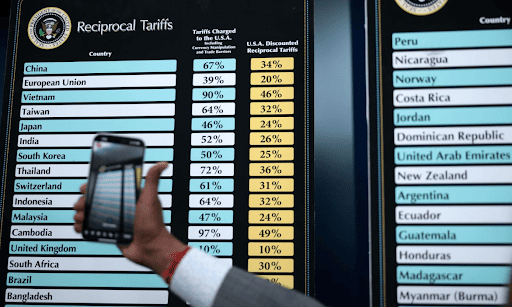“Shaping more Sustainable and Accountable Business Reporting”

Business is no longer defined solely by profits. Regulatory bodies, investors, and the public demand transparency, accountability, and responsible practices. In Indonesia, the issuance of PSPK 1 and PSPK 2 marks a significant step in aligning corporate sustainability reporting with global standards while ensuring compliance with national regulations. In this newsletter, we will unpack what PSPK really means, why it matters, and how these standards can help companies navigate the future of sustainable business.
What Are PSPK 1 and PSPK 2?
Starting with PSPK 1, the main focus is for the general concepts and structure of sustainability reporting, with their key components; materiality, transparency, stakeholder engagement, reporting principles. While, PSPK 2 main focus is thematic disclosures on ESG performance, with key components on environmental (GHG emissions, waste, energy), social (workforce, inclusion, human rights), governance (board structure, ethics, internal control).
But, Why PSPK Compliance Matters?
- Regulatory Obligation. Public companies, issuers, and financial institutions are mandated to comply with sustainability reporting requirements set by OJK.
- Stakeholder Trust. Well-structured reporting enhances reputation and stakeholder confidence.
- Access to Sustainable Finance. Investors increasingly use ESG criteria to evaluate opportunities.
- Risk Management. Early identification and mitigation of environmental, social, and governance risks.
- Global Alignment. PSPK is designed to be consistent with GRI Standards, ISSB (IFRS S1 & S2), and TCFD.
The Practical Implications for Businesses
- Establishing internal data collection and reporting systems.
- Embedding ESG performance into corporate strategy and KPIs.
- Training management and employees on sustainability principles.
- Engaging with stakeholders throughout the reporting cycle.
- Preparing for external assurance to increase report credibility.
The Synergy Between PSPK 1 & PSPK 2
PSPK 1 provides the framework and guiding principles for sustainability reporting, while PSPK 2 delivers the specific thematic disclosures. Together, they create a comprehensive, credible, and comparable sustainability report that aligns with both regulatory requirements and global best practices.
How to Getting Started With PSPK?
- Conduct a gap analysis between your current reporting practices and PSPK standards.
- Build a cross-functional sustainability team (finance, legal, ESG officers, operations).
- Utilize digital tools to streamline data collection and validation.
- Start with a pilot reporting project and gradually scale across operations.
- Engage an independent review or external audit to enhance accountability.
Is your company ready for PSPK 1 & PSPK 2 compliance?
The clock is ticking for organizations in Indonesia to align with sustainability reporting standards. Failure to comply may risk regulatory penalties, reputational damage, and missed opportunities in accessing sustainable financing. But with the right guidance, PSPK compliance is not just about “checking the box”, it’s a chance to elevate your ESG strategy, strengthen investor trust, and future-proof your business.
At Sinergis Consulting, we go beyond compliance. We provide:
- Gap Analysis & Compliance Readiness, to identify where your organization stands today.
- Reporting Framework Design, structured and practical, aligned with PSPK 1, PSPK 2, and global standards (GRI, ISSB, TCFD).
- Capacity Building Programs, workshops & training sessions to build ESG literacy within your teams.
- Stakeholder Engagement & Assurance Support, ensuring transparency, credibility, and investor confidence.
Whether you are preparing your first sustainability report or looking to enhance your existing disclosures, our tailored approach will help you navigate the complexity with clarity and confidence. Let’s turn PSPK compliance into a strategic advantage. Contact Sinergis Consulting today to start your sustainability journey.





